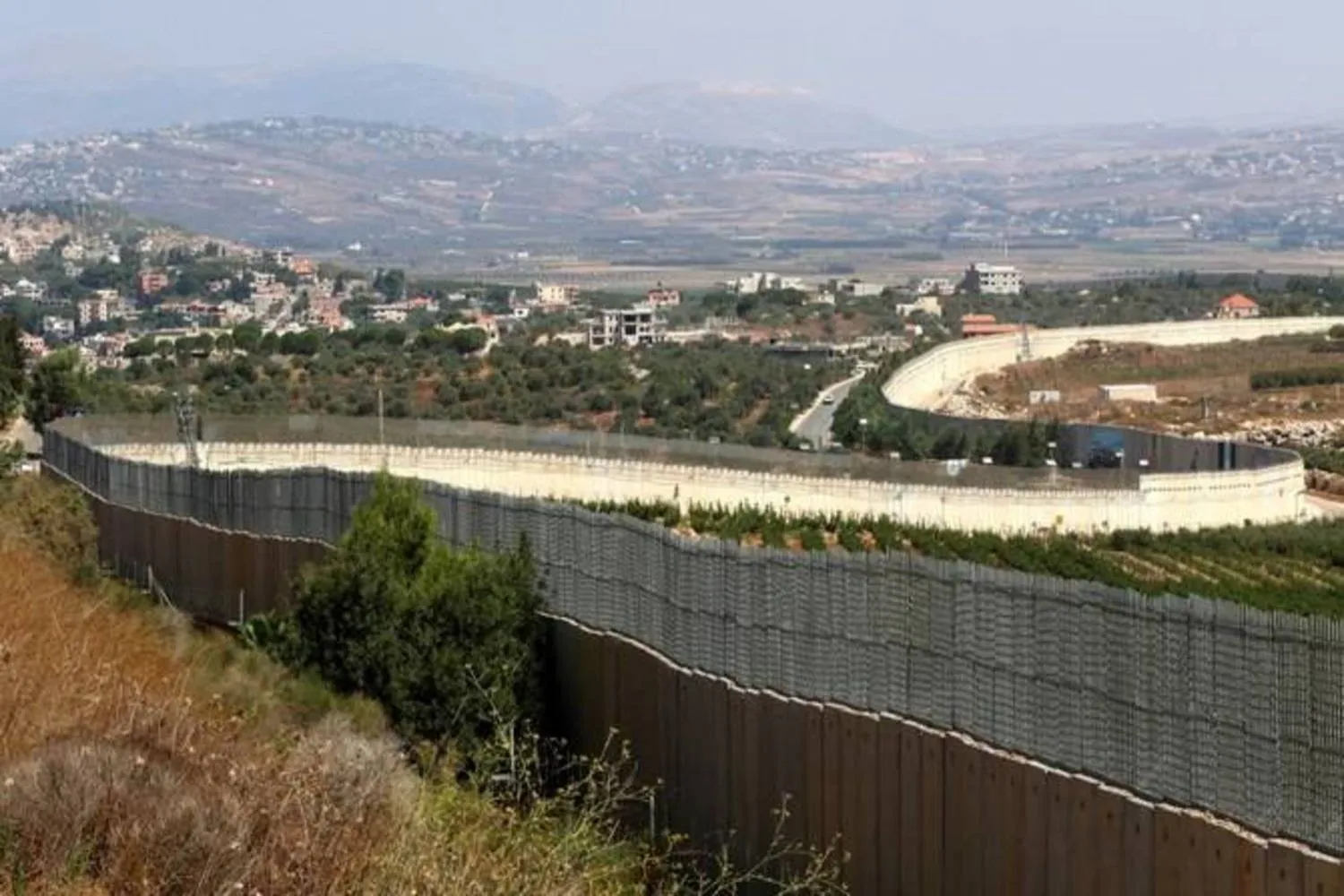Lebanon on Sunday called for an international investigation into a strike that killed 12 people including children on the Israeli-annexed Golan Heights, warning against a large-scale retaliation.
The Israeli military said that an Iranian-made rocket that Lebanon's Iran-backed Hezbollah group fired on Saturday hit a football field in Majdal Shams, a Druze Arab town, killing children and teenagers who were playing there.
Hezbollah, which claimed multiple attacks on Israeli military positions during the day, has denied it was behind the Majdal Shams strike, saying it had "no connection" to the incident.
In a statement on X, Lebanon's Foreign Minister Abdallah Bou Habib urged for an "international investigation or a meeting of the tripartite committee held through UNIFIL to know the truth" about who was responsible for the attack, AFP reported.
The tripartite committee refers to military officials from Lebanon and Israel, which are technically at war, together with peacekeepers from the United Nations Interim Force in Lebanon (UNIFIL).
He insisted the Lebanese group targets "only military" positions and ruled out them carrying out an intentional attack on civilians in Majdal Shams.
The statement, carried by the state-run National News Agency, said that Bou Habib also "called for the complete and comprehensive application" of United Nations Security Council Resolution 1701.
The resolution ended a 2006 war between Israel and Hezbollah, and called for the Lebanese army and UN peacekeepers to be the only armed forces deployed in south Lebanon.
"A large attack by Israel on Lebanon will lead to a deterioration of the regional situation and will spark regional war," Bou Habib warned, according to the statement.
Israeli Defense Minister Yoav Gallant on Sunday vowed to "hit the enemy hard" following the Majdal Shams strike, while Iran warned Israel that any new military "adventures" in Lebanon could lead to "unforeseen consequences".









